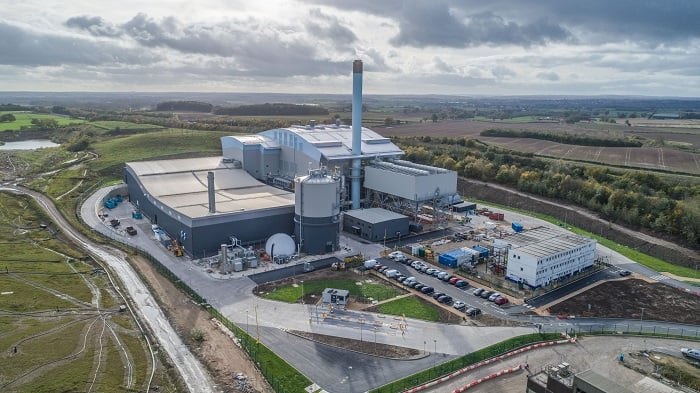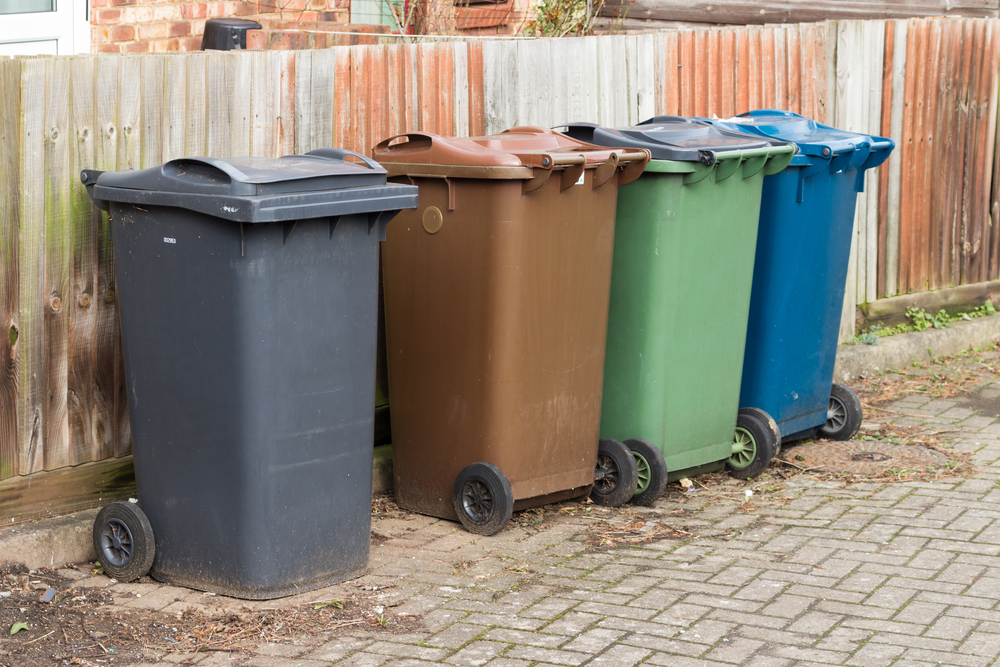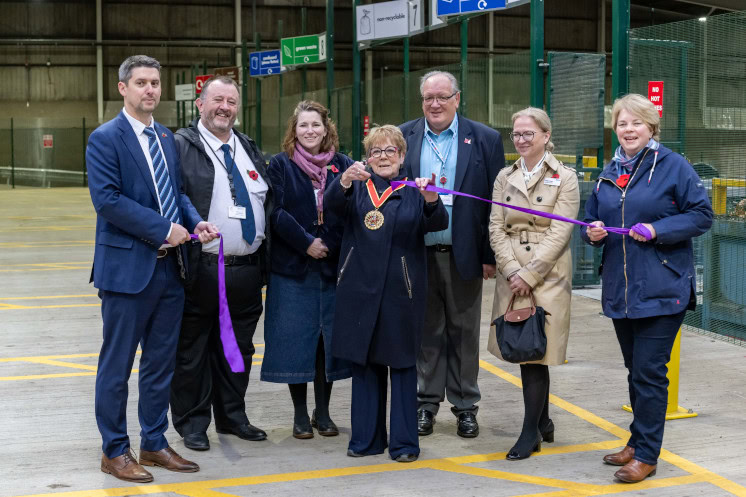At a meeting yesterday (13 April), the council said that while the rural nature of some of the district councils will make harmonisation “challenging”, there are “significant environmental benefits” to making the switch early.
North Yorkshire county council is the waste disposal authority for seven district councils, each of which has different systems.
These are: Selby, Harrogate, Craven, Richmondshire, Hambleton, Ryedale, and Scarborough.
Collection methods vary greatly due to “particular issues associated with location”, with some running commingled, and others with twin or multi-stream.
There is a need for us to move on this
– Michael Leah, North Yorkshire council
Uniformity
During the meeting, the county council’s assistant director for travel and environment, Michael Leah, spoke about the challenges involved with the shift towards uniformity in anticipation of the legislation.
In a consultation last year, Defra proposed that every council should provide households and businesses with a plastic, paper and card, glass, metal, and food waste collection service.
The industry is eagerly awaiting the next stage of consultation responses, which have been delayed. It has been suggested that the government could publish its response at the end of next month.
Mr Leah said: “It is not simple to say we should choose one district’s way of collection as even at a national level, there is no assumption that one method is the best.”
He acknowledged that different areas faced different challenges based on their particulars, and so the collection method should be determined locally.
However, he continued that “the North Yorkshire county council waste team feel there are significant environmental benefits to delivering consistent collection.”
“Coupled with the fact that it will be mandated by the government at some point in the future, there is a need for us to move on this,” Mr Leah added.
Systems
According to Mr Leah, North Yorkshire county council is working with district colleagues on the basis of what is known, rather than waiting for the answers from the government.
“I want to be as prepared as possible so we are ahead of the curve,” he explained.
He presented the pros and cons of three systems: commingled, twin stream, and multi-stream.
He said a commingled system would be “easy to use” and allow the council to be flexible with vehicle deployment, while a twin stream collection would “protect paper quality and be cost effective”.
However, he warned that with an “ageing workforce”, glass would be difficult to collect.
The ageing workforce was also brought up as an issue with the multi-stream system.
Mr Leah also said a multi-stream system could see replacement boxes needed after bad weather if the lightweight containers were damaged, while there would also be a need for ‘fixed vehicle utilisation’.

WRAP
North Yorkshire county council is now working with WRAP to understand the options for collection for future decision-making. Mr Leah added that the preferred method of collection and waste disposal should be determined in the next two years, and rolled out by 2026.
He concluded that “harmonisation of collection services into one standardised model could take years”, especially with lack of clarity on how councils will receive payments from extended producer responsibility for packaging, which will fund the consistent collections.
Treatment
North Yorkshire’s current methods of waste treatment and disposal would also have to be evaluated.
“We need to be very conscious of the impact these changes might have on the Allerton Waste Recovery Park,” Mr Leah said, adding that the facility might require reconfiguration of the infrastructure to be best suitable for “where we end up”.

The waste treatment facility has the capacity to handle 320,000 tonnes of household waste per year and is run by AmeyCespa.
Mr Leah thinks that due to the site being run by a third party, it is important to consider other options for when the council seeks to negotiate any changes.
He suggests alternative ways of handling the area’s waste – anaerobic digestion for food waste, sending recycling to material recycling facilities and keeping the contract with Allerton Park on a short to medium-term basis.









Subscribe for free